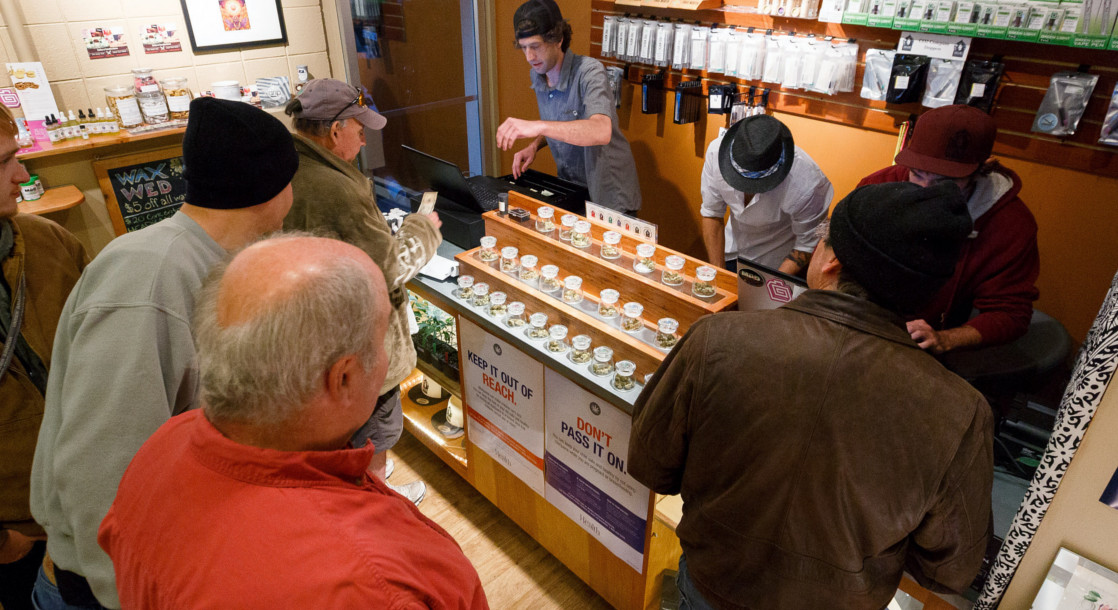The Oregon Department of Revenue sent out an additional $85 million in funding to schools, police departments, public health programs, and local governments this week, entirely sourced from legal cannabis tax revenue. The state collected $108.6 million in local and state taxes between January 4th of last year and August 31st of this year. Nearly $10 million of that total went to the Oregon Liquor Control Commission and the Department of Revenue to cover the costs of regulating, licensing, and taxing new canna-businesses.
Forty percent of the revenue (around $34 million) went to the State School Fund, which can redirect the money to schools to cover the costs of teacher salaries, textbooks, and teaching materials. The fund has currently been operating with a budget of $8.2 billion for every two years, mostly funded by taxes and lottery revenue. The Oregon State Police received another 15 percent of the cannabis sales revenue, just under $13 million.
A quarter of the total revenue went to health services, with the Oregon Health Authority receiving 5 percent, amounting to $4.25 million. A spokesperson for the health authority said that this revenue will replace general state funding for existing outpatient treatment, housing, and detox services. The health agency will also spend $1 million on drug and alcohol abuse prevention programs. The state is distributing $17 million, 20% of the total revenue, on mental health, alcohol and drug treatment services.
The tax department has not yet calculated how much of the revenue will be disbursed to city and county governments, but any taxes collected before July 1st of this year will be distributed evenly to all municipalities based on the population of each area. Any cannabis revenue collected after July 1st will only be distributed to municipalities that allow all types of cannabis licenses in their jurisdictions. Hence, local governments that prohibit canna-businesses in their areas will no longer receive a cut of cannabis tax revenue.
“I am glad to hear that the revenue is finally being distributed,” said Anthony Johnson, chief petitioner for the ballot measure that legalized recreational cannabis in the state. “This is what the voters intended. It shows that legalizing and regulating cannabis can help generate revenue for important governmental services.” Johnson added that he hopes the amount of money being redirected from cannabis sales into state services will encourage other states to consider the benefits of legalization.











